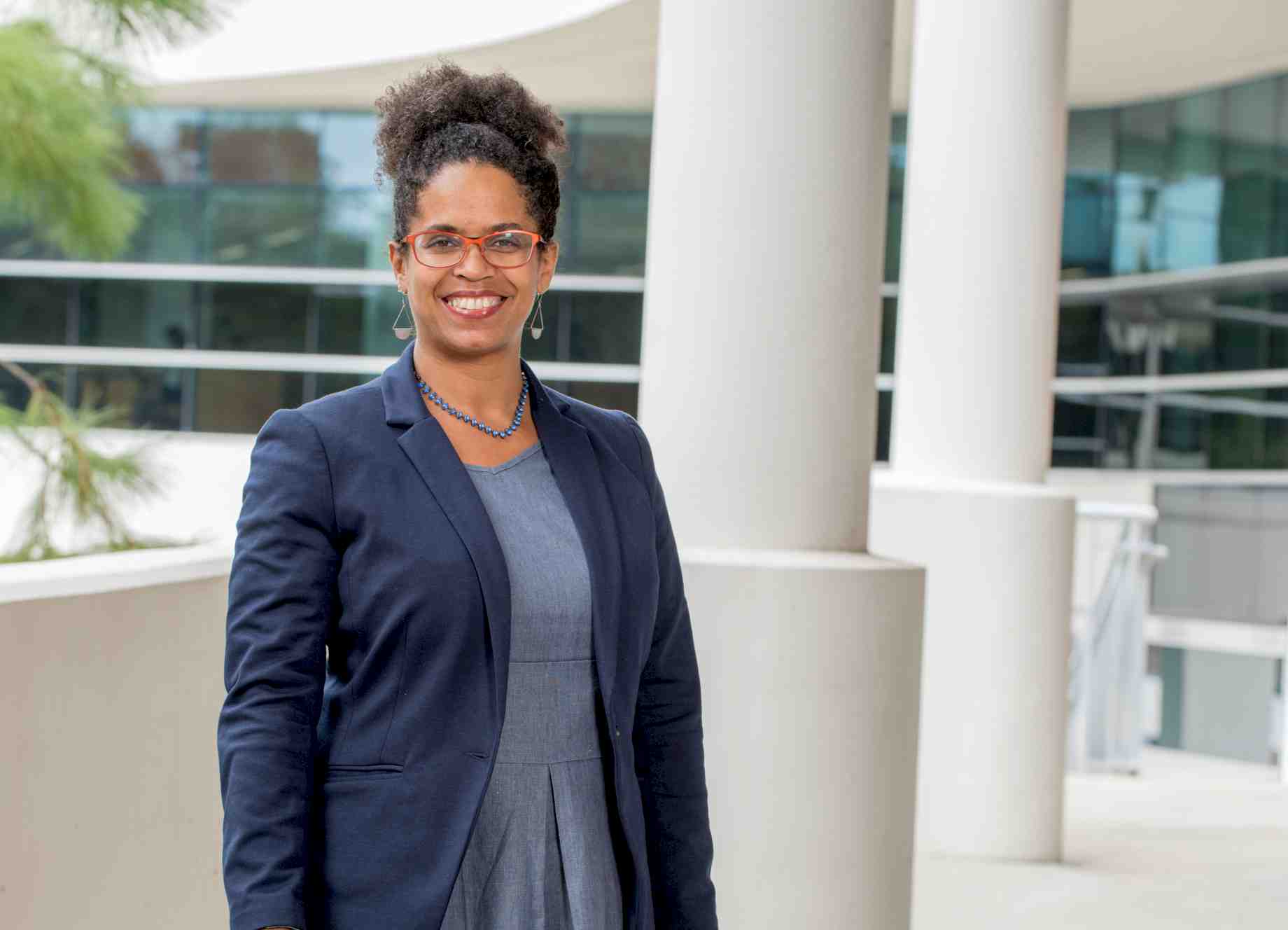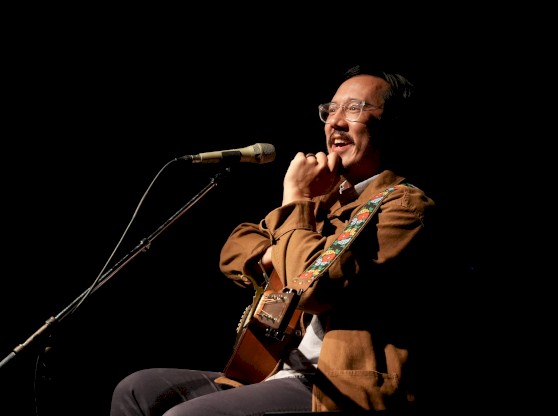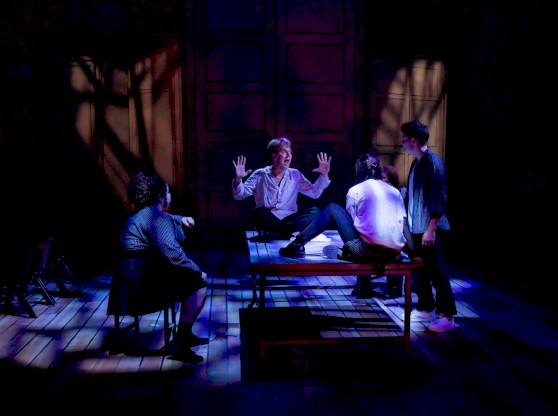During the past week, the University of Florida has been central in national media conversations raising questions about the incursion of political influence in our academic affairs and the influence of that on our academic freedom, free speech, and our freedom to engage in direct and overt ways with the urgent issues of our time like the undoing of racism and other forms of oppression.
At the College of the Arts, we view academic freedom, freedom of speech, and shared governance as essential and interwoven pillars of our work. As artists, arts researchers, and designers, our role in society is to create, often to create things that have not existed before. We do so by embracing the complexity of the human experience and reflecting, questioning, re-mixing, and expanding that experience. As we share our work with our communities and societies, we help to build and evolve our collective experiences of what it means to be human and to be human together. As arts educators working in the academy, we assert that academic freedom and freedom of speech are basic needs, the very context within which our scholarship and creative practices can question, access, and shape the dynamics and systemic structures of our society. We remain committed to preparing our students to reflect critically upon their own role in making material, representational, and methodological choices that speak to and impact individual, social, natural, economic, and technological contexts. As we teach, so must we do.
This fall our college received some questions from our university’s administration regarding targeted language in our college strategic plan, formally named “Systemic Resilience: COTA Meta-Strategy 2021-2025.” The language called into question overtly referenced forms of anti-oppression work. The State of Florida’s political climate was named as the impetus for the questioning of this language. While it is debatable whether a college strategic plan technically represents protected academic speech, many saw this as an inappropriate incursion of political influence into the affairs of the academy—where we are not engaged to serve political agendas but to conduct research and teach for the benefit of the people of the State of Florida and our fields at large. In the College of the Arts, we have chosen to engage the questions themselves in the same manner that we originally developed our strategic plan. We initiated a college-wide, transparent, and inclusive shared governance process. We engaged our community in consideration of the questions asked and facilitated the participation of a rich diversity of viewpoints in a process of collective decision-making regarding how to respond to those questions. We are still engaged in that process and its conclusions are yet to be seen. Regardless of the outcome, we clearly and unequivocally assert that our academic freedom is not a static policy, nor an abstract concept, nor something that we will allow to be stripped from us. Our academic freedom is a practice that we embody every day; and we will continue to do so.
Our university administration is demonstrating that it is listening to the UF and national communities and is further leaning in to engage discourse by forming task forces to explore these difficult issues. We in the College of the Arts remain committed to advancing the mission of the University of Florida to pursue and disseminate new knowledge and create the broadly diverse environment necessary for our students to contribute to and succeed in the world of the 21st century.
Onye P. Ozuzu
Dean and Professor
UF College of the Arts
Accustomed pronouns: she/her/hers



